By Mark McConville
THE FULL STORY of Britain’s secret World War Two Antarctic expedition has been told for the first time in a new book.
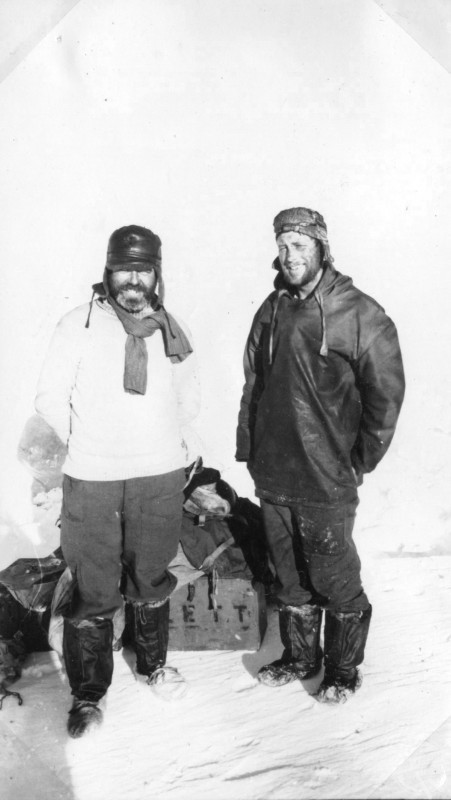
Launched in 1943, Operation Tabarin was an expedition to secretly establish bases, keep a watchful eye on German and Japanese activities, and curb opportunistic Argentinian incursions.
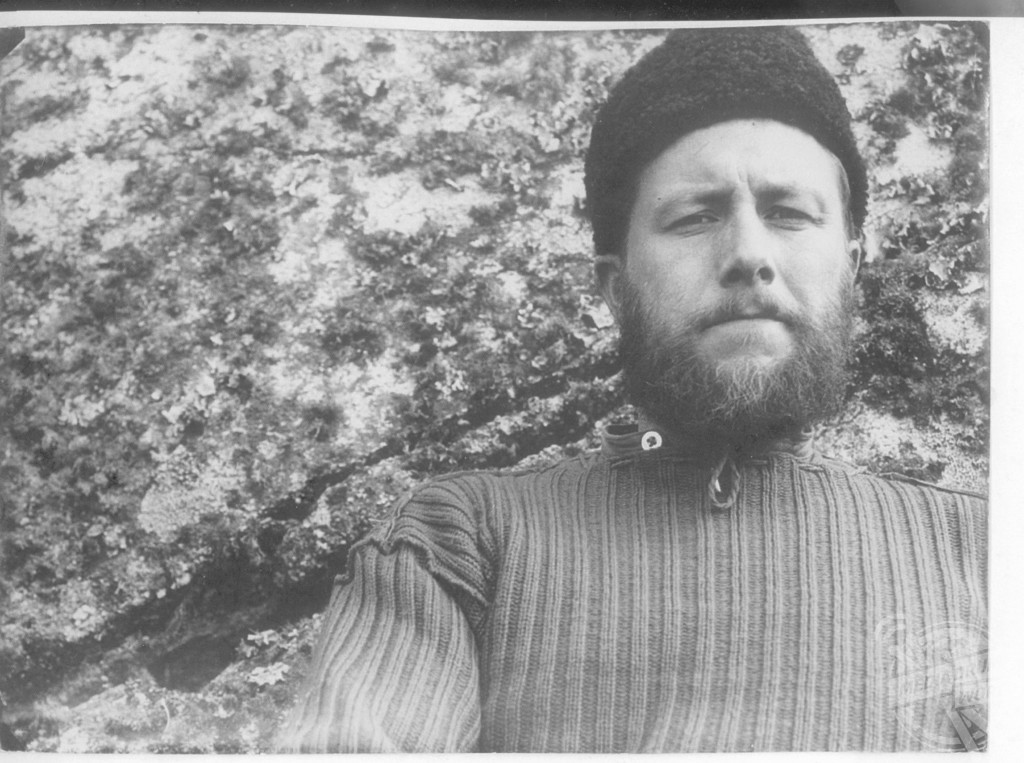
Natural Environment Research Council / mediadrumimages.com
Lead botanist Ivan Mackenzie Lamb’s account of the expedition provides a fascinating insight into this top secret military operation.
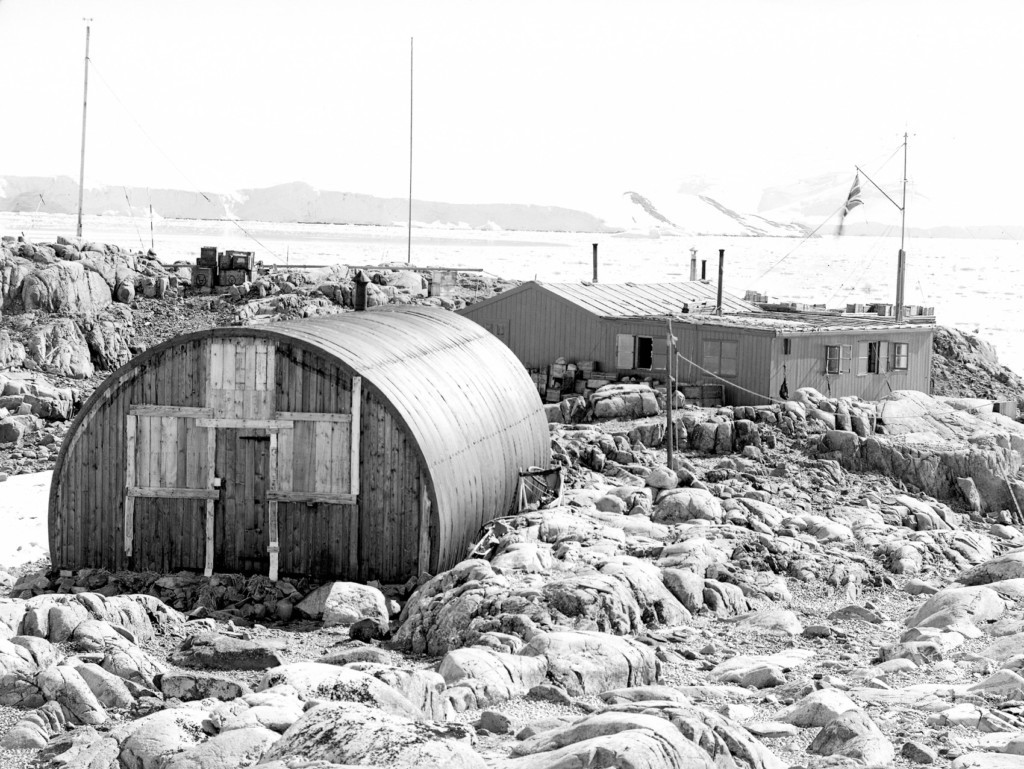
showing the Nissen hut.
Natural Environment Research Council / mediadrumimages.com
He was a member of the naval party that established three manned bases; he remained in the field throughout the operation’s two-year duration and took part in all three major sledging expeditions.
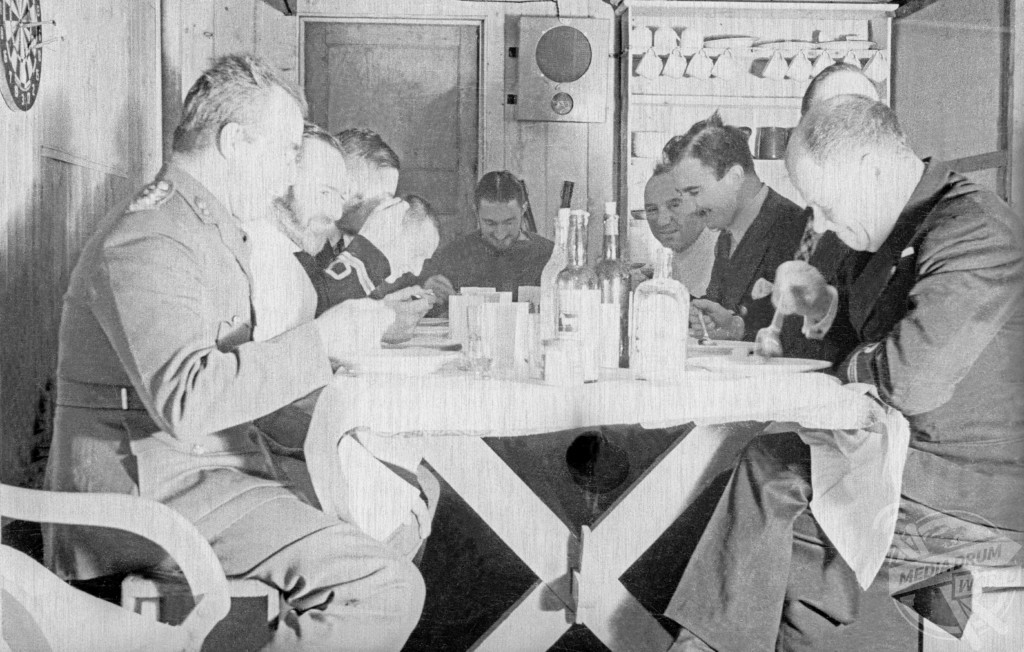
Natural Environment Research Council / mediadrumimages.com
Lamb’s account is told in a new book, The Secret South, compiled from his memoirs and edited by Stephen Haddelsey and Ronald Lewis-Smith and published by Greenhill Books.
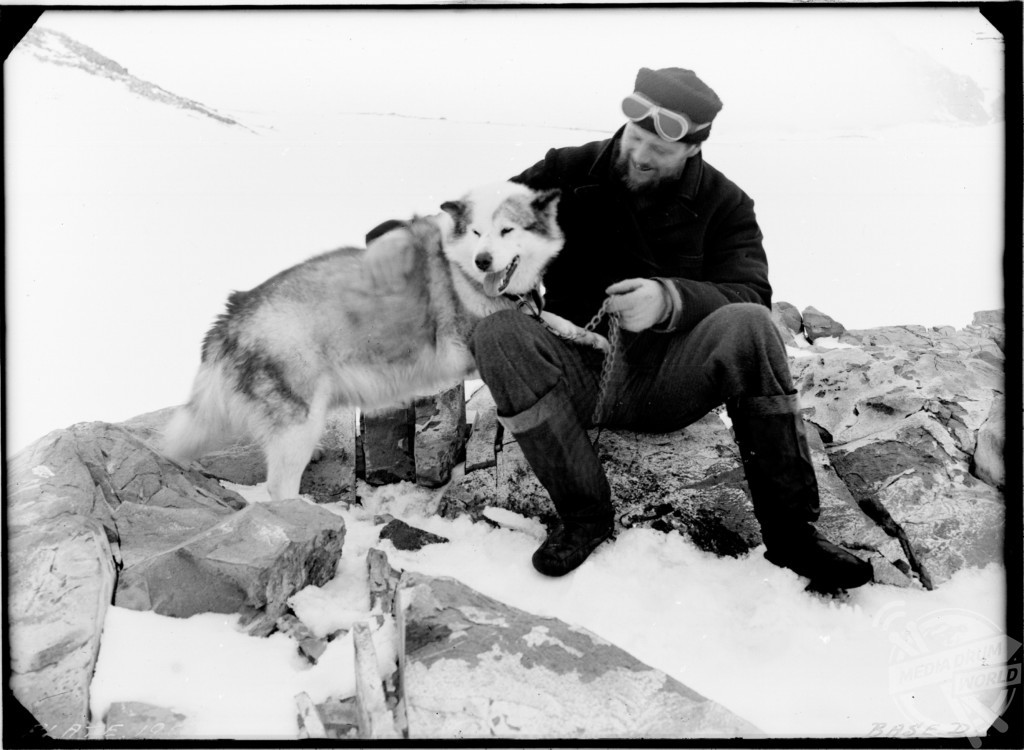
Natural Environment Research Council / mediadrumimages.com
“Whatever quixotic objectives motivated him to join the expedition, there can be absolutely no doubt regarding Lamb’s contribution to the success of Operation Tabarin,” write the editors.

Natural Environment Research Council / mediadrumimages.com
“As well as helping to establish its three manned bases – on Deception Island and on Goudier Island early in 1944, and at Hope Bay in February 1945 – he took part in all of the major sledging journeys, manhauling across Wiencke Island in September and October 1944, and covering some 800 miles with dog teams in the area around James Ross Island between August and December 1945.
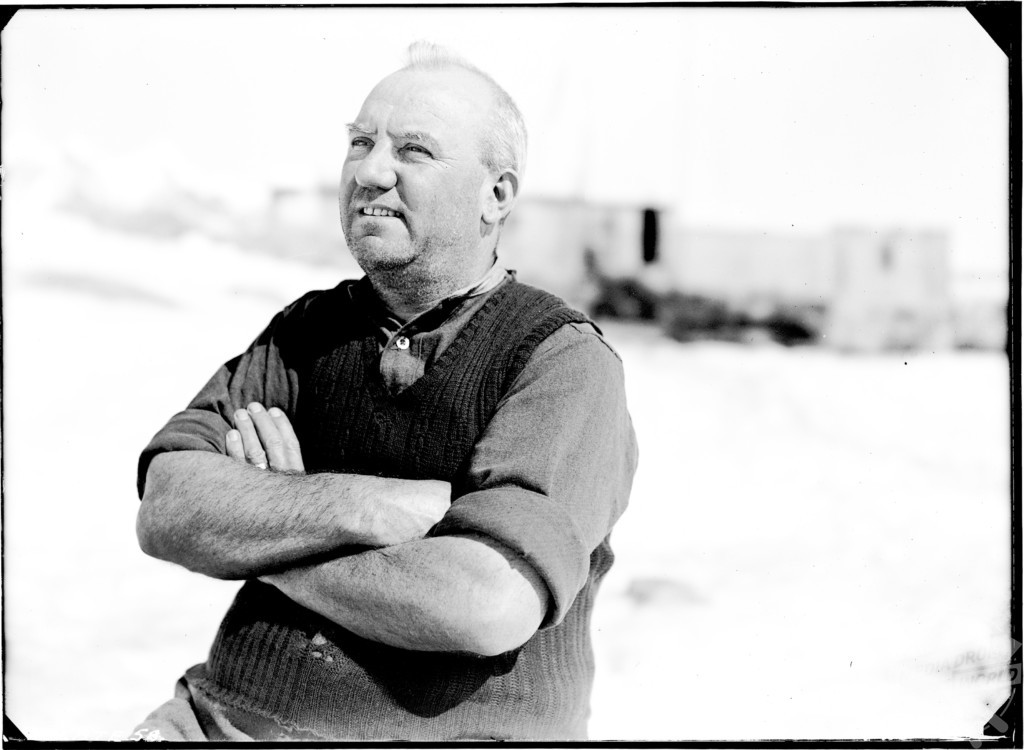
Natural Environment Research Council / mediadrumimages.com
“A highly proficient photographer, he also took countless photographs, both at the bases and while sledging, and developed the negatives and printed the images in the base’s tiny darkroom.
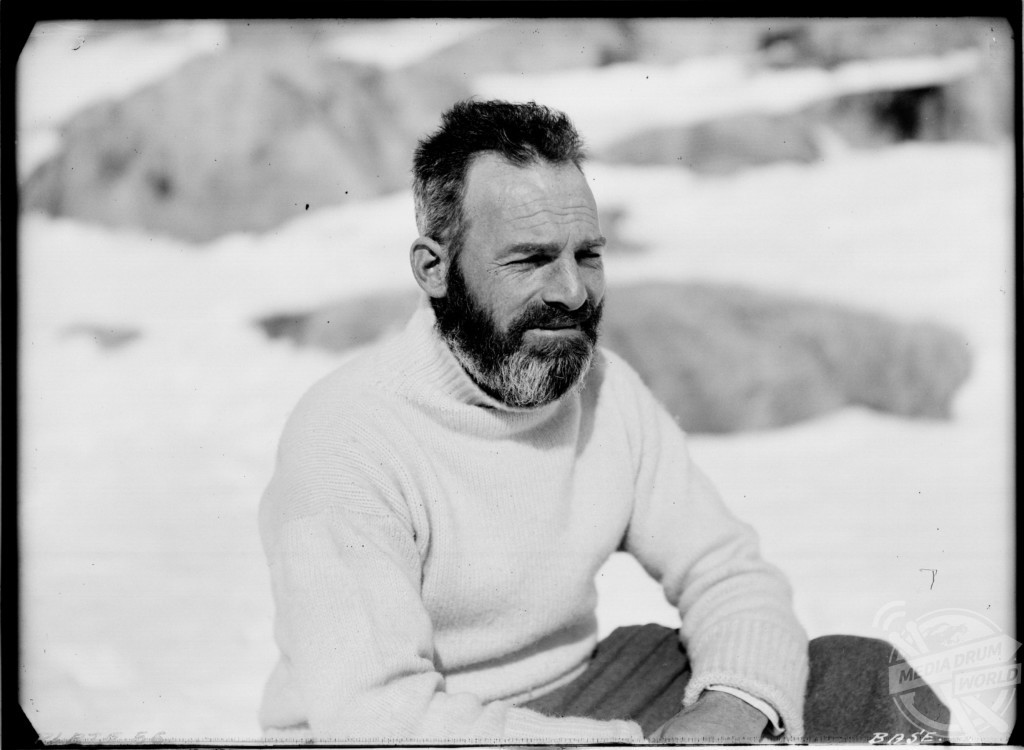
Natural Environment Research Council / mediadrumimages.com
“In some ways, though, perhaps the most important of Lamb’s characteristics, at least when judged against the peculiar backdrop of a polar expedition, were his empathy and kindliness.”
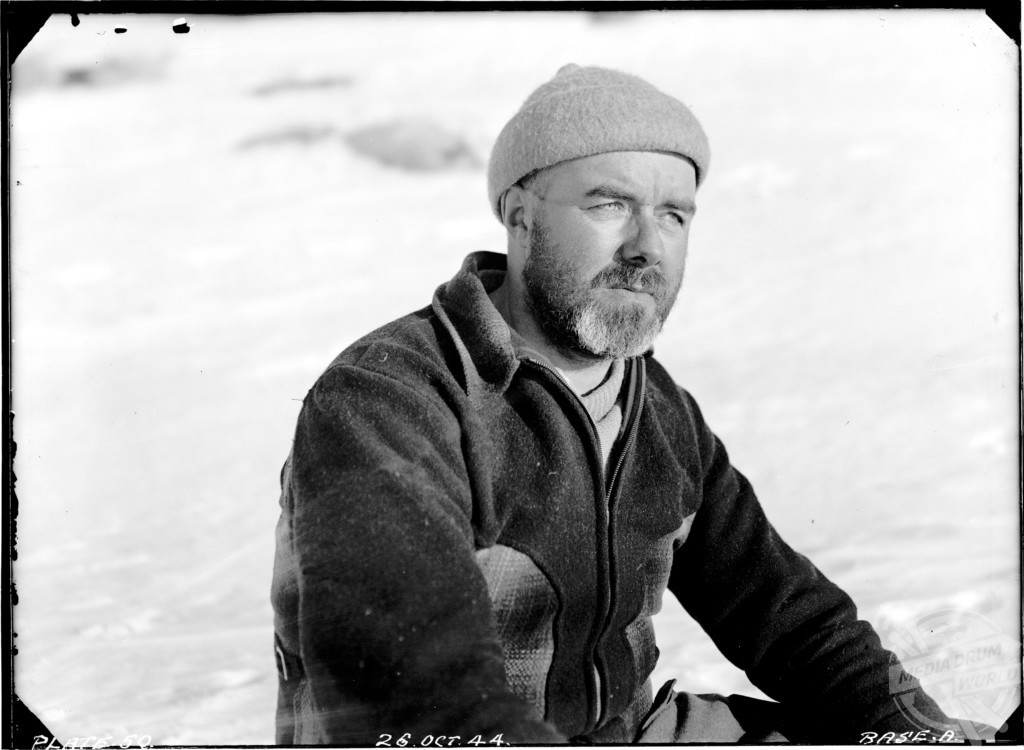
Natural Environment Research Council / mediadrumimages.com
Following the outbreak of World War II, Allied shipping across the globe became vulnerable to attacks by German Navy commerce raiders and U-boats.
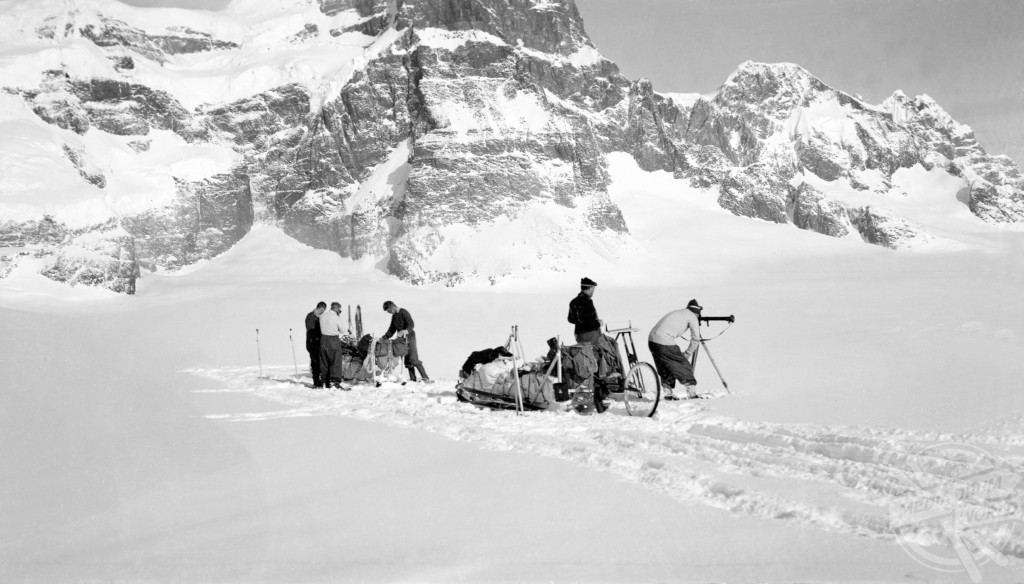
Wall Range, Wiencke Island.
Natural Environment Research Council / mediadrumimages.com
The British Falkland Islands and the waters of the Antarctic were no exception. On 13 January 1941, German auxiliary cruiser Pinguin began terrorizing the unarmed and unescorted Norwegian whaling fleet which had relocated to sub Antarctic waters after having depleted the whale population of the Northern Hemisphere through overexploitation.
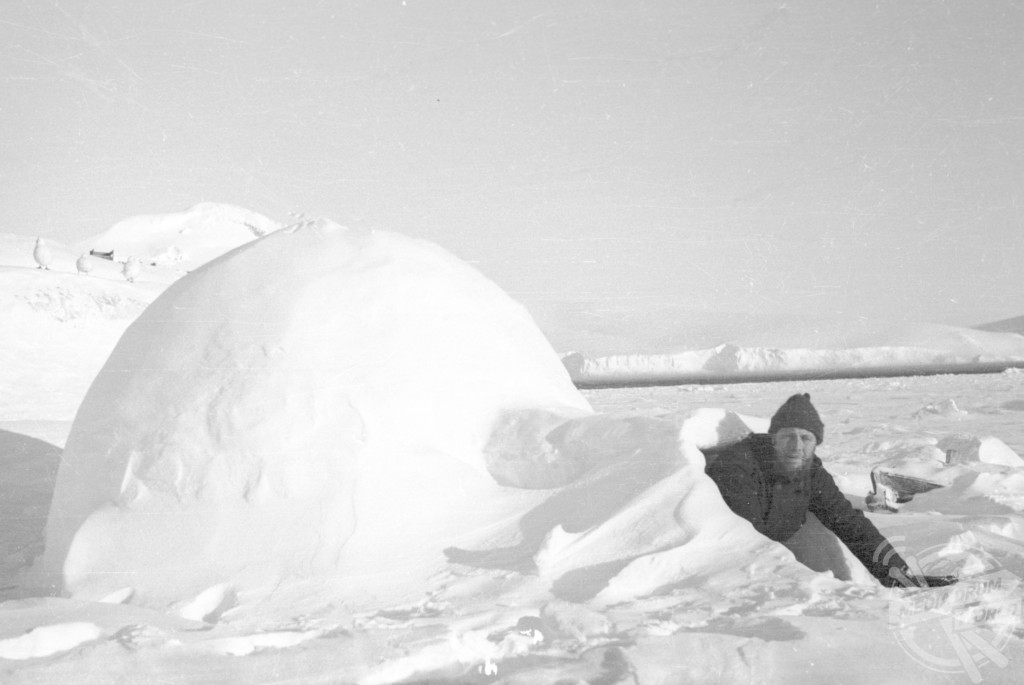
Natural Environment Research Council / mediadrumimages.com
Pinguin managed to seize a haul of 20,320 tons of whale oil from whalers Solglimt, Pelagos and Ole Wegger, making it one of the largest prizes seized by a commerce raider during the war. Once whaler Thorshammer alerted the British authorities on the Falklands, the armed merchant cruiser HMS Queen of Bermuda began patrolling the area between South Georgia, the South Shetland Islands and Weddell Sea.
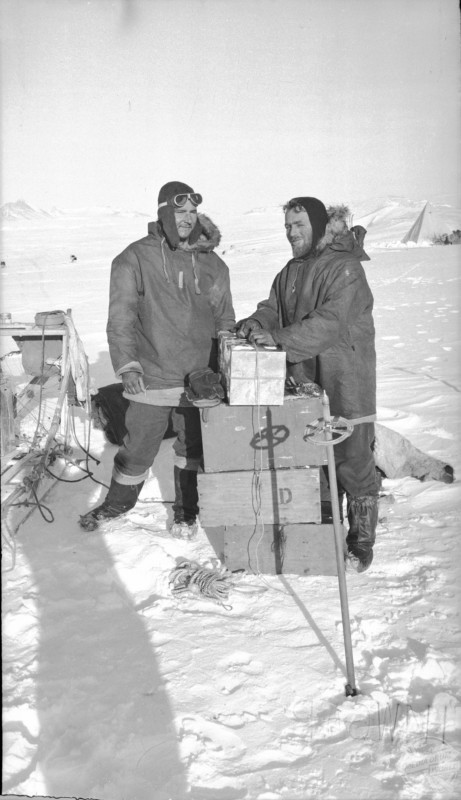
Victor Russell and David James.
Natural Environment Research Council / mediadrumimages.com
The war also threatened to reignite the long standing Falkland Islands sovereignty dispute with neutral Argentina. In January 1942, Argentina’s Comisión Nacional del Antártico dispatched ARA Primero de Mayo to Deception Island, afterwards sailing to the Melchior Islands, Palmer Archipelago and Winter Island.

Natural Environment Research Council / mediadrumimages.com
Argentine flags were raised in the aforementioned locations and all territories south of 60° S and between 25° W and 68.34° W were declared annexed.
After a back and forth between Argentina and Britain as each country took turns to visit the islands in Antarctica and raise their flags, it became apparent a permanent presence was required.
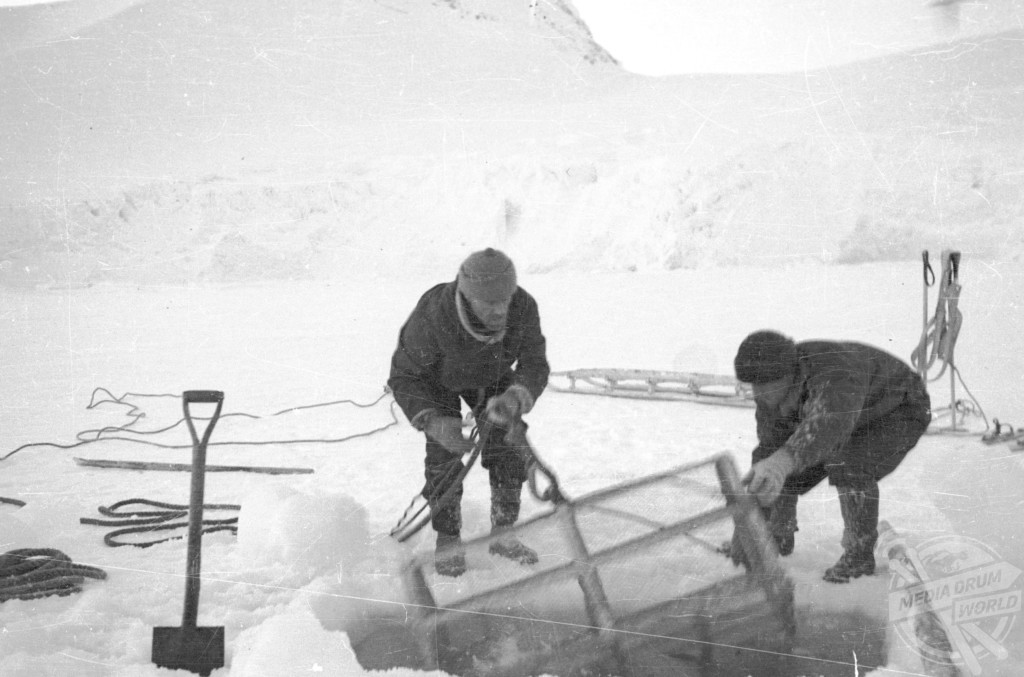
During the first year of the expedition attempts at fishing proved all but futile.
Natural Environment Research Council / mediadrumimages.com
Thus, Operation Tabarin was launched under the guise of protecting the waters from the Germans, while in reality, seeking to occupy the islands so Argentina could not lay claim to them.
After the war, Britain continued the operation of the bases built during Operation Tabarin, by transferring them to the newly established Falkland Islands Dependencies Survey.
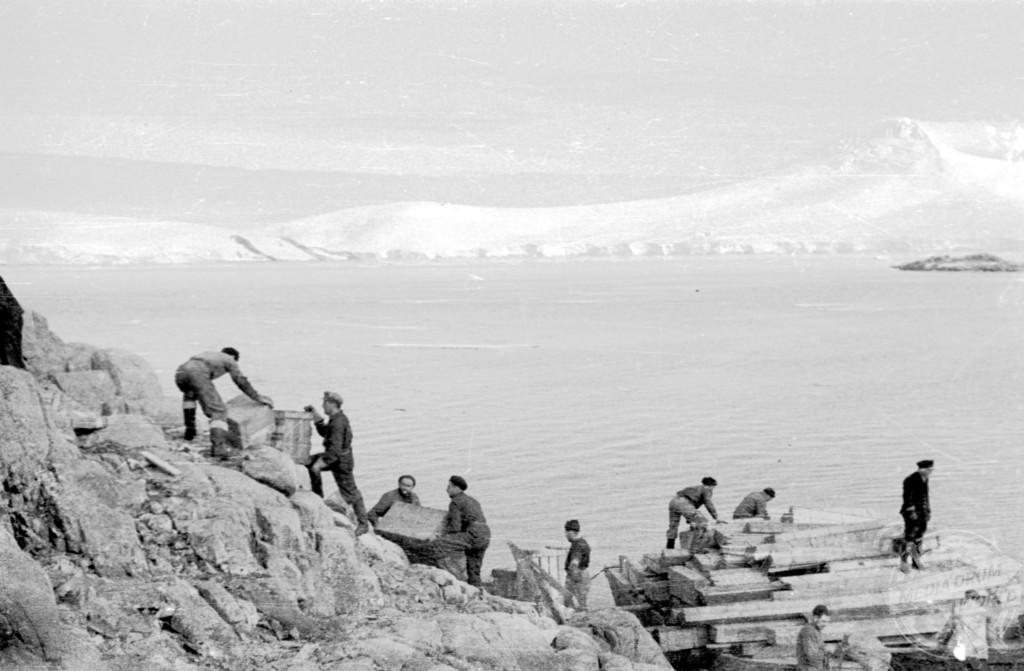
Natural Environment Research Council / mediadrumimages.com
Operation Tabarin veterans Reece,White and Rusell remained at their bases, continuing their work for the FIDS. Participants of Operation Tabarin were awarded the Polar Medal in 1953.
Ivan Mackenzie Lamb’s book, The Secret South, is published by Greenhill Books. It is available now. RRP £19.99.








